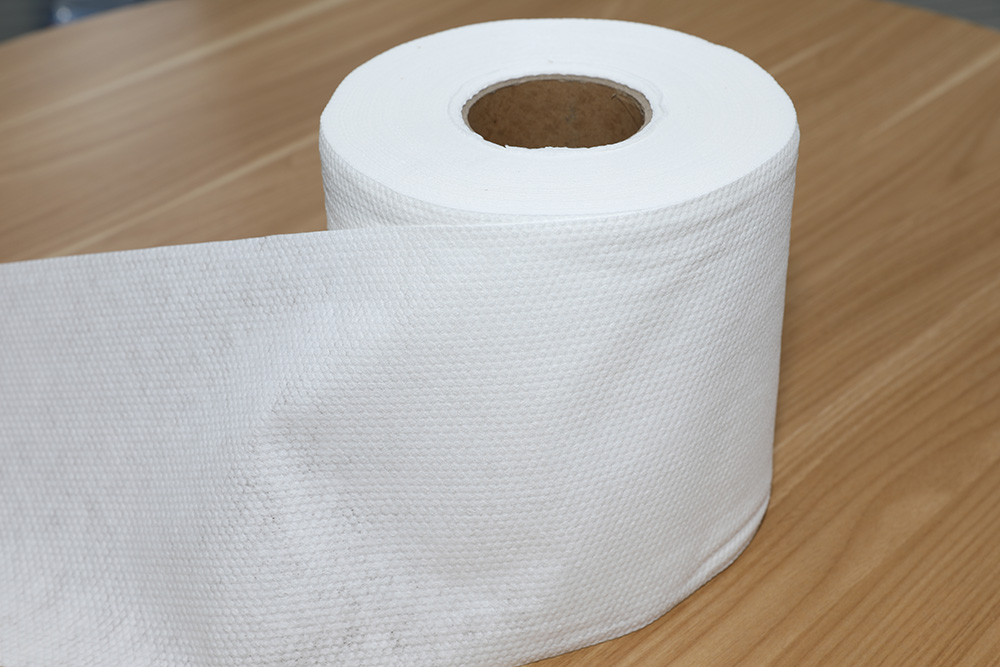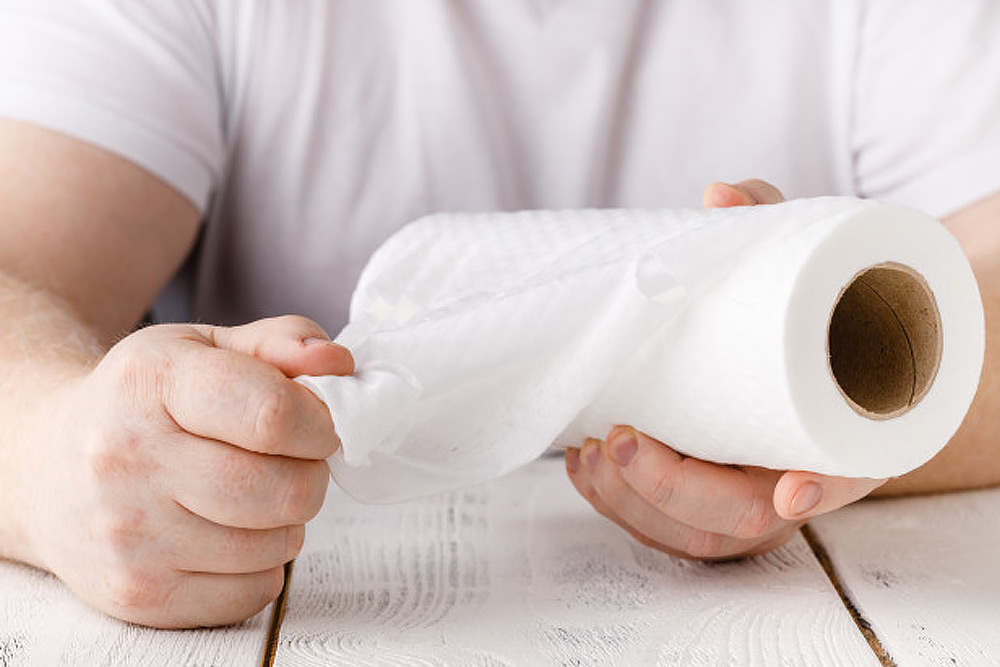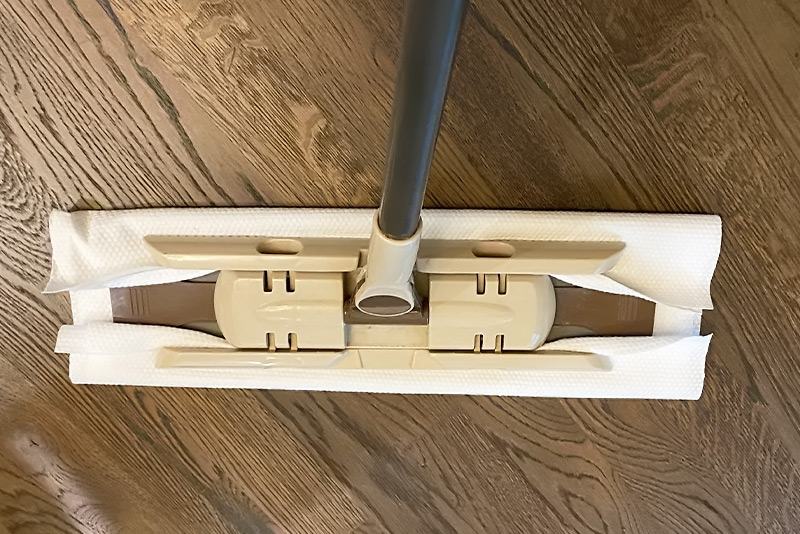The environmental impact of disposable face towels varies depending on the materials used, manufacturing processes, and disposal methods. Here are the key factors to consider:
Material Impact
Non-Woven Synthetic Fabrics (e.g., Spunlace, Spunbond):
Polypropylene and Polyester:
Derived from petroleum, these materials are not biodegradable and can persist in the environment for hundreds of years if not properly disposed of or recycled.
Production involves significant energy consumption and greenhouse gas emissions.
Natural Fibers (e.g., Cotton, Bamboo):

Cotton:
Biodegradable and renewable, but cultivation requires large amounts of water, pesticides, and fertilizers, which can lead to soil degradation and water pollution.
Bamboo:
Generally more sustainable than cotton, as it requires less water and no pesticides. However, the chemical processes used to convert bamboo into a soft fiber (viscose) can be harmful to the environment if not managed properly.
Biodegradable and Eco-Friendly Materials (e.g., PLA, Lyocell):
PLA (Polylactic Acid):
Made from renewable resources like corn starch, it is biodegradable under industrial composting conditions. The production process is generally more environmentally friendly compared to petroleum-based plastics.
Lyocell (Tencel):
Made from sustainably sourced wood pulp using a closed-loop process that recycles water and solvents. It is biodegradable and considered one of the more eco-friendly options.
Manufacturing Impact
Energy and Water Use:
The production of synthetic fibers typically consumes significant amounts of energy and water.
The production of natural fibers like cotton also requires substantial water resources, although less energy compared to synthetics.
Chemical Use:
The production of both synthetic and natural fibers can involve harmful chemicals. For example, the processing of bamboo into viscose uses toxic solvents, while cotton farming often relies heavily on pesticides and fertilizers.
Disposal and Waste Management
Biodegradability:
Natural fibers and some eco-friendly materials (e.g., PLA, Lyocell) are biodegradable and can break down into non-toxic components if disposed of properly.
Synthetic materials like polypropylene and polyester are not biodegradable and contribute to long-term environmental pollution.
Recycling:
Some synthetic materials can be recycled, but the infrastructure and systems for recycling disposable face towels are often limited.
Contamination from cosmetics, oils, and other substances can complicate recycling efforts.
Post-Consumer Impact
Microplastics:
Synthetic disposable face towels can shed microplastics, which can enter waterways and harm marine life.
These microplastics can also accumulate in the food chain, posing risks to human health.
Landfill and Incineration:
If disposed of in landfills, non-biodegradable materials can persist for centuries, taking up space and potentially leaching harmful chemicals into the soil and groundwater.
Incineration of synthetic materials can release toxic fumes and greenhouse gases unless done in facilities equipped with proper filtration systems.
Mitigation Strategies
Sustainable Sourcing:
Choosing materials that are sustainably sourced and produced with minimal environmental impact.
Favoring natural fibers with eco-friendly certifications.
Eco-Friendly Manufacturing:
Utilizing closed-loop processes and renewable energy sources in production.
Reducing water and chemical usage through innovative technologies.
Proper Disposal and Recycling:
Promoting consumer awareness about proper disposal methods and the importance of recycling.
Investing in infrastructure to support the composting of biodegradable materials and the recycling of synthetic ones.
Product Design:
Designing products for multiple uses before disposal to reduce overall waste.
Encouraging the development of more sustainable alternatives and innovations in material science.
By addressing these factors, manufacturers and consumers can reduce the environmental impact of disposable face towels and contribute to more sustainable practices in the personal care industry.


 English
English 简体中文
简体中文 日本語
日本語






















